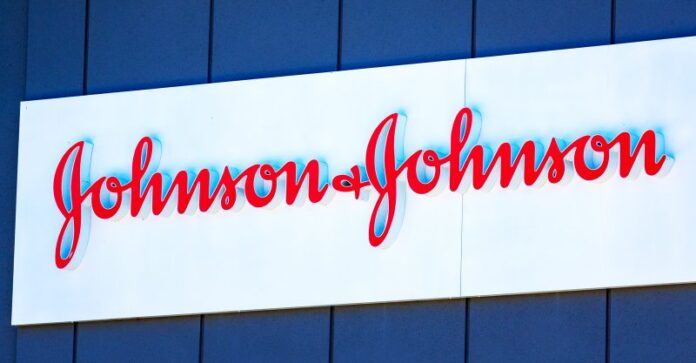In a significant legal development, a Massachusetts jury has awarded $8 million to Janice Paluzzi, a woman who developed mesothelioma after years of using Johnson & Johnson’s talcum powder products. The verdict marks a major moment in the ongoing litigation over asbestos contamination in talc-based personal care items, in what is now referred to as the J&J $8M verdict multi-exposure talc case.
Paluzzi, who was diagnosed with mesothelioma in 2021, was awarded $5 million for past pain and suffering and an additional $3 million for future suffering. The jury concluded that Johnson & Johnson’s products — specifically Johnson’s Baby Powder and Shower to Shower — contained asbestos and that a design defect in those products substantially contributed to her illness.
J&J had argued that Paluzzi’s mesothelioma was more likely linked to asbestos exposure from her family members, including three sons who worked in building services and maintenance at Boston’s John Hancock Building. However, the jury rejected this defense, finding the company’s negligence in product design to be a significant factor in Paluzzi’s condition.
The jury did not find J&J liable under breach of implied warranty or for providing inadequate warnings. Nevertheless, the central issue — whether the talcum powder was defective and contributed to mesothelioma — resulted in a clear decision against the company.
Paluzzi’s attorneys, Benjamin Braly and Aaron Chapman of Dean Omar Branham Shirley LLP, presented expert testimony supporting the link between the talcum powder and mesothelioma, emphasizing that qualitative analysis, not precise dosage calculations, is appropriate in determining asbestos-related risks.
One key expert, Steven Haber, highlighted flaws in historic talc testing methods, pointing to longstanding efforts by J&J and industry associations to minimize asbestos detection — despite internal awareness of contamination risks dating back to the 1960s.
“This verdict reinforces the importance of holding corporations accountable for the safety of their products,” said Braly. “Ms. Paluzzi’s suffering was avoidable, and today’s decision delivers a measure of justice.”
J&J was represented by Bruce Hurley of King & Spalding LLP and Tara Blake of Kirkland & Ellis LLP. During closing arguments, their team questioned the evidence connecting the specific talcum powder bottles used by Paluzzi to asbestos exposure and emphasized the role of other potential sources.
The case is titled Paluzzi v. Johnson & Johnson, case number 2181CV02109, in Suffolk County Superior Court of Massachusetts.



